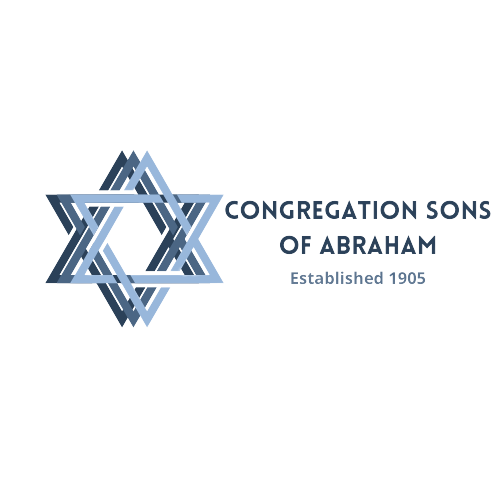
Mazel Tov!
Welcoming a new baby into the Jewish people and into the Jewish community is one of the most exhilarating occasions at CSOA. It is a benefit of membership to utilize our clergy, space, and staff to officiate, host and help you coordinate your simcha, this wonderful event. Please contact our board president Board President Jeff Butler right away if you are an expecting parent.
May you merit to raise your child to Torah, chuppah, and good deeds!
Bris
Brit Milah (widely known as bris), the covenant of circumcision, is a sign of the covenant between God and the Jewish people that was first established with our ancestor, Abraham, and then renewed at Sinai when the Jewish people received the Torah.
Brit Milah ceremonies are held during the day, eight days after the baby boy is born. The ceremony can take place in the synagogue or privately at home.
Parents should contact the mohel (the trained medical and religious professional who performs the circumcision) directly. We have relationships with pediatric surgeons here in La Crosse who have performed thousands of circumcisions.
In recent years, rabbis in the Reform and Conservative movements, among others, have developed a ritual celebration for female babies. This celebration reflects the egalitarian nature of these Jewish communities.
There are lots of different possibilities for names for this event. Simchat bat, which means “Rejoicing in a Daughter” or “celebration for a daughter,” is the most popular and general term for such a ceremony. If you are focusing on the covenantal aspects of the ritual, you may want to call it a brit bat, or “daughter’s covenant.” As the Sephardim do, you can call it a “zeved habat,” or “gift of a daughter.” Other choices include chag hachnasat la-brit, or “celebration of bringing [her] into the covenant,” and brit banot yisrael, “covenant of the daughters of Israel.” (Then again, you can simply call it a Day of Blessings and Celebrations, or a baby naming, in English.)
The next thing to consider is timing. Unless the baby is ill, a boy’s brit milah is held on the eighth day of his life, even if it falls on Shabbat or Yom Kippur. For girls, the choices are open-ended. If you wish to parallel the timing of a brit milah (and are either very organized or already prepared for the birth of a daughter!), you can choose to schedule this event on the eighth day of her life.
But don’t feel pressured; you can have it after 14 days (in the Torah, a mother’s ritual impurity after a daughter’s birth lasted two weeks); when she is a month old (echoing the ancient belief that a child was only viable after 30 days); or after 80 days, the length of time that the Torah tells us a woman had to wait after birthing a girl to bring the sacrifices to the Temple.
Having it on at the beginning of a new Jewish month has a nice tie to the Jewish calendar and a particularly female association, since Rosh Chodesh (the first day of the month) is traditionally a minor holiday set aside for the enjoyment of women (and observed by many contemporary feminists). Or, like many families, you can wait until the first convenient Shabbat (which has its own covenantal meaning) to hold her welcoming ceremony, or even a Sunday, ensuring that your extended family and community members (including those who are traditionally observant and do not drive on the Sabbath) will be able to join you.
